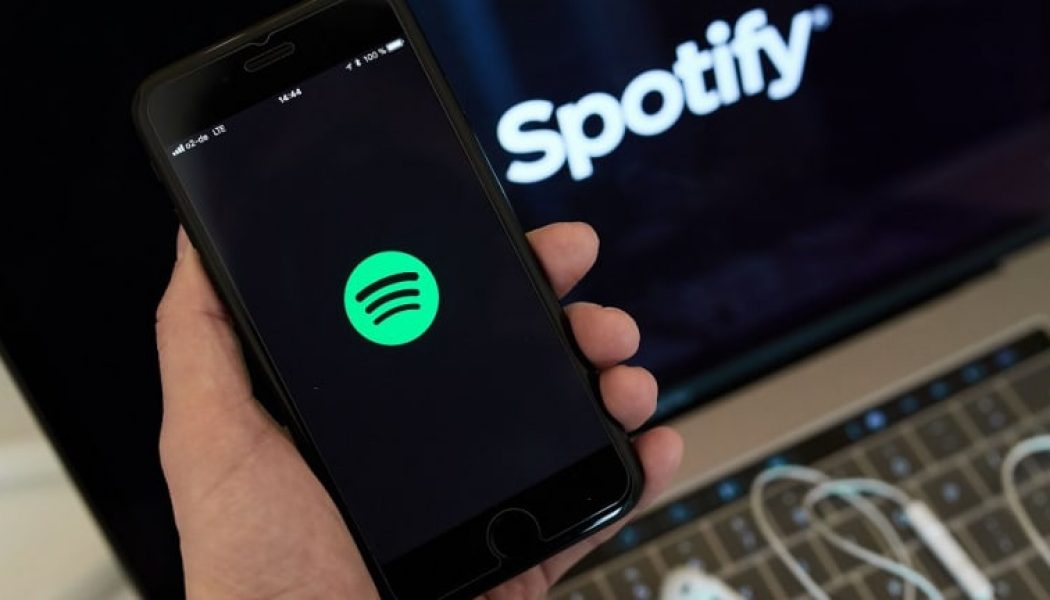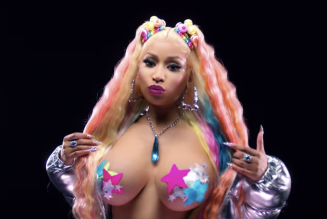
After months of campaigning for major changes to Spotify’s streaming model, the Union of Musicians and Allied Workers (UMAW) recently announced the streaming platform’s denial of their cornerstone demand: a penny per stream royalty agreement for all artists.
According to Digital Music News, the update follows a series of worldwide protests on March 15th, hosted outside the Spotify offices in 15 cities. In addition to increased royalty payments, UMAW is also fighting for transparency in the company’s practices, especially for algorithms for playlist placement.
“Spotify is the most dominant platform on the music streaming market,” UMAW’s website reads. The company’s premium subscription numbers topped 150 million in February, with generated revenue in 2020 totaling to over 7.88 billion euros. While Spotify has not disclosed its current payment model, UMAW recently calculated that it currently compensates musicians at an average rate of $.0038 per stream. Meanwhile, Tidal pays roughly $.0125 per play, Apple Music sits at $.0078, and SoundCloud is estimated at $.0025-$.004, Producer Hive reports.
Three days later, Spotify responded with the launch of a new website, “Loud and Clear,” offering up detailed figures on revenue generation and the economics of music streaming. “Questions and concerns about artist income from streaming have been around for over a decade, and in many ways, we feel we’ve been too quiet on the topic,” the site reads.
“Fans will ultimately decide who thrives,” Spotify CEO Daniel Ek added in a March 18th Twitter thread. “We know we have more work to do, but we’re confident in what we’ve built and the innovations we continue to deliver for artists & fans.”
Still, in a follow-up statement on Twitter, UMAW noted that “Loud and Clear” still fails to meet any of their demands. The website also revealed that of Spotify’s millions of artists, only 13,400 of them made more than $50,000 from royalties in 2020.
“The company consistently deflects blame onto others for systems it has itself built, and from which it has created its nearly $70 billion valuation,” the union wrote. “We asked for transparency, but this website answers none of our questions about the sources of Spotify’s income in addition to subscriptions and ads, payola schemes for playlist and algorithm prioritization, or the terms of their contracts with major labels.”










